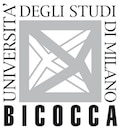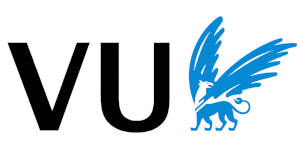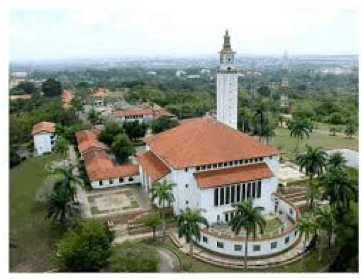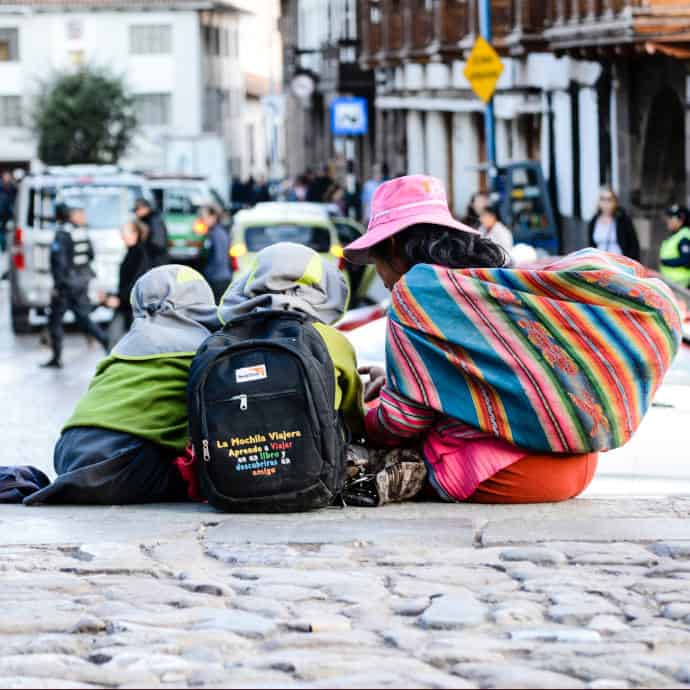Anthropologists are known for being great travel buddies. Take one (or more) with you to Vietnam and Ghana by way of Malta or the Netherlands to discuss questions ranging from what is ethnography and what is the role of the ethnographer, to where does the globalisation (and neoliberalisation!) of university education lead us (Yes…where?!). Do drop us a line to tell us all about it!
As always, if you want your event to feature in our next events list or if you wish to write a short report, don’t hesitate to get in touch with our events assistant at events@allegralaboratory.net
 Summer School: MeditHerIty – Mobility and Heritage in the Mediterranean
Summer School: MeditHerIty – Mobility and Heritage in the Mediterranean
14-22 September 2019, La Valletta, Malta
Cultural heritage is commonly thought as a product of the longstanding link between people and their own territory. But, as anthropologist James Clifford shown us, in our contemporary world culture and identity are associated to “routes” as much as to “roots”. We are prompted to recognize that different kinds of mobility and flows are closely connected to the global dynamics of place making.
In order to follow the paths of this “heritage on the move” we can combine different fields of studies and manage a variety of approaches, ranging from engagement in theoretical debate to application of our skills in innovative projects.
The main aim of the Summer School is to improve the knowledge of the participants in the anthropology of mobility and heritage and their capacity to develop fruitfull cooperations with private and public agencies.
The Summer School will be divided in sets of lessons and activities including: analysis of theoretical and methodological tools; presentation of case studies with an ethnographic approach; visits to specific places and institutions engaged in migration and tourism in Malta.
[more]
Deadline for application: 16 April 2019
 Summer School: Hands-on Anthropology: Role of the Ethnographer
Summer School: Hands-on Anthropology: Role of the Ethnographer
6 July to 20 July 2019, VU Amsterdam
Everyone has a story to tell. For anthropologists, such accounts can reveal as much about the people and societies we study as more conventional research. But the process of collecting stories in the field and retelling them in the academic arena is littered with pitfalls. How do we ensure that our subjects are fairly represented? How do we construct a culturally sensitive narrative whilst maintaining scientific validity?
This course focuses on hands-on anthropology with strong orientation toward storytelling and narrating the life of others from cultural anthropological perspectives. The course is hand-on which means students learn to utilize the skills that they have gathered through their own lived experience as well as the training that receive during the course. Hand-on anthropology brings together reflexivity and academic trainings to show how students can turn their field-notes and observations into coherent narrative that are scientifically valid. [more]
Deadline for application: 1 May 2019
 Conference: 3rd Ghana Studies Triennial Conference
Conference: 3rd Ghana Studies Triennial Conference
10-13 July 2019, University of Ghana
Geographically, Ghana is at the center of the world where the Greenwich Meridian meets the Equator. Conceptually, Ghana can be said to be at the center in regards to important themes in the study of Africa, such as pan-Africanism, the trans-Atlantic slave trade, colonialism, state-building, and development, with their attendant themes of power, materiality, and modernity. At the third triennial conference of the Ghana Studies Association, we engage with what it means to have Ghana truly at the center of African/Ghana Studies scholarship.
Recognizing Ghana at the center invites scholarship that takes Ghanaian models and concepts as a starting point. It also implies recognizing Ghana as both unique and global, not ‘a place apart…[but] a site for the generation of ideas and theoretical insights’ as well as methodological innovations. What might we contribute to political science if we questioned Western state formation as the standard model by which to assess state-building in Ghana and Africa? Could we utilized Ato Quayson’s methodology of ‘horizontal archaeologies’ as applied to Oxford Street in Accra to explore postcoloniality and globalization in other cities? Would we gain new perspectives on economics through the economic ideology of the Akan brought out in Gracia Clark’s ethnographic work? How much more relevant might development studies be if there were a shift in focus from sophisticated but empirically-flawed abstractions to what Agnes Apusigah refers to as ‘street evidence’? [more]
 Conference: New Approaches to University Education in Asia
Conference: New Approaches to University Education in Asia
April 20-21, 2019, Fulbright University Vietnam, Ho Chi Minh City, Vietnam
Fulbright University Vietnam wishes to announce our annual conference on New Approaches to University Education in Asia. The 21st century has witnessed an unprecedented globalization of education, alongside the development of new pedagogies and epistemologies rooted in transnational research and local context. What does the future hold for higher-education in Asia? What role will policy, the liberal arts, fine arts, STEM, and everything in between play in re-shaping minds, nations, and regions? [more]
Featured image (cropped) by July Brenda Gonzales Callapaza on Unsplash



There is also an event in Berlin in the same spirit called Summer School Digital anthropologies and i send the announcement..